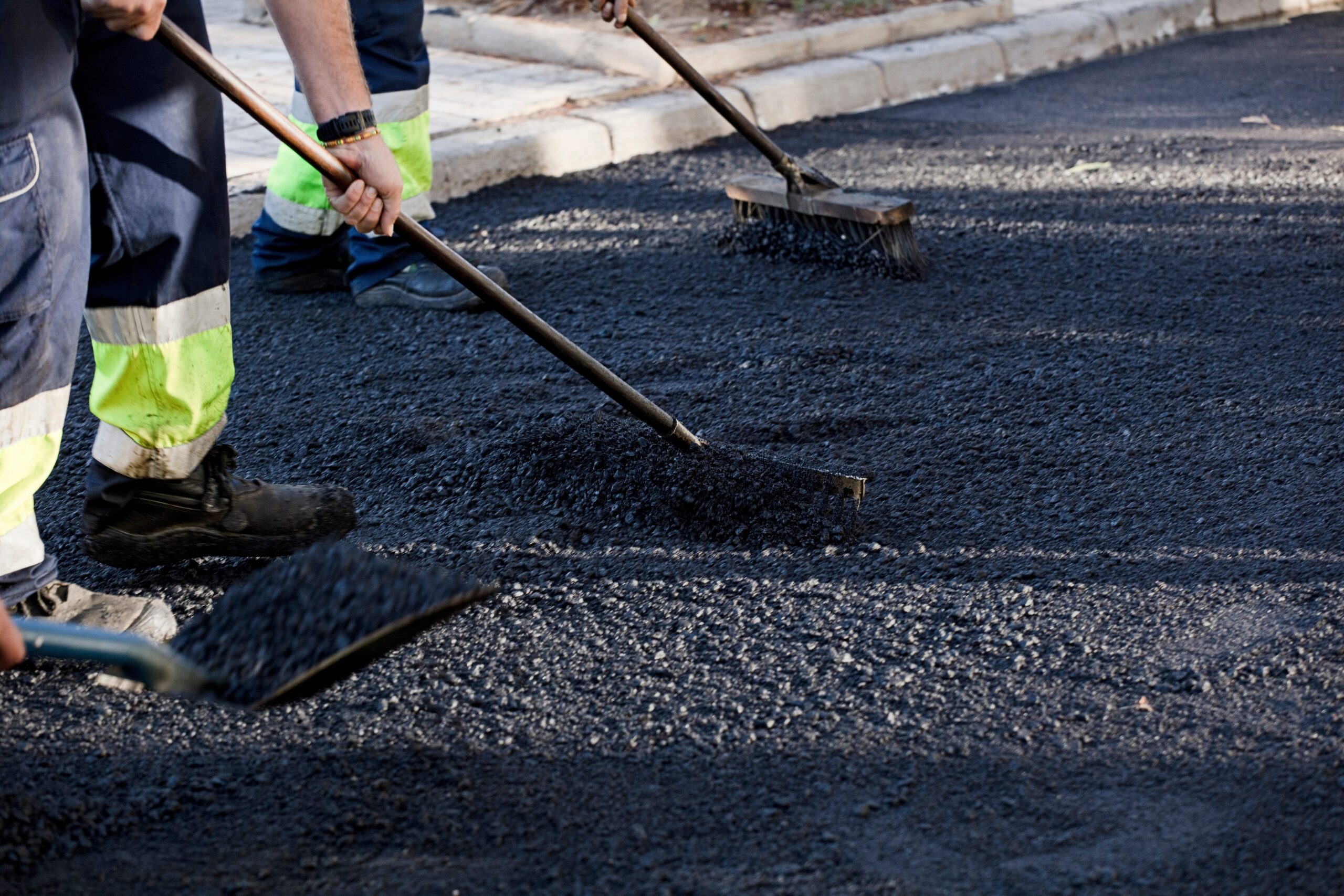
Why Early Spring Asphalt Inspections Are Critical for Denver Businesses
November 22, 2025
Spring is a crucial season for asphalt maintenance in Denver, as pavement surfaces often reveal the cumulative impact of winter’s freeze-thaw cycles, heavy snow, and deicing chemicals. Cracks, potholes, and water infiltration compromise both durability and safety, posing risks to employees, customers, and delivery vehicles. Early spring inspections enable businesses to identify signs you shouldn’t
Read
Best Asphalt Paving Practices for Denver’s High Traffic Areas
October 5, 2025
Asphalt paving in Denver faces unique challenges that go beyond basic road construction. Heavy traffic, extreme temperature swings, and the city’s freeze-thaw cycles often lead to premature pavement failures. Cracks, potholes, and surface deterioration are expensive to repair and create safety risks for drivers and pedestrians. In fact, potholes caused Americans over $26.5 billion in
Read
ADA-Compliant Sidewalk Design: What Property Owners Must Know
September 10, 2025
The Americans with Disabilities Act (ADA) sets the standard for accessible design, and this includes the very ground your customers and visitors walk on: your sidewalks. For property owners, understanding and adhering to ADA-compliant sidewalk design isn’t just a matter of legal obligation; it’s about ensuring equal access for everyone, fostering inclusivity, and protecting your
Read
How Tree Roots Affect Sidewalk Stability Over Time
September 10, 2025
Tree-lined walkways bring shade, beauty, and charm to commercial properties, making them more inviting and boosting curb appeal. Yet beneath the surface, tree roots can slowly disrupt sidewalks, pushing upward and causing cracks or uneven slabs that compromise stability. Common sidewalk cracks and how to fix them highlight the risks, and sidewalks are more than
Read